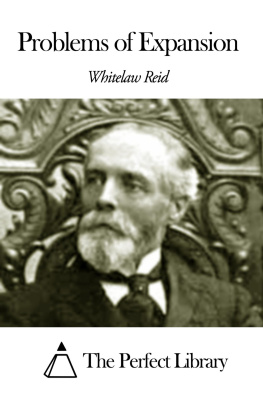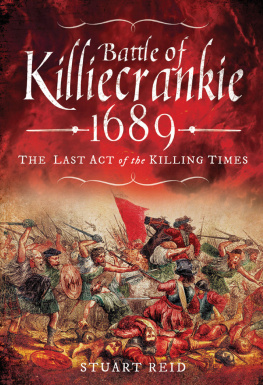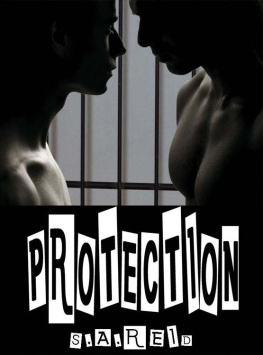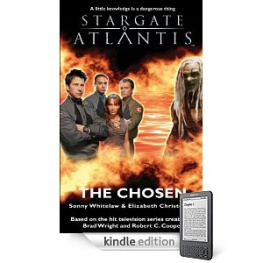WHITELAW REID
NEW YORK
THE CENTURY CO.
1900
Copyright, 1898, 1900, by
The Century Co .
THE DEVINNE PRESS.
PREFATORY NOTE
So general have been the expressions as to the value of these scattered papers and addresses that I have thought it a useful service to gather them together from the authorized publications at the time, or, in some cases, from newspaper reports, and (with the consent of the Century Co. and of Mr. John Lane for the copyrighted articles) to embody them consecutively, in the order of their several dates, in this volume.
The article entitled "The Territory with which We are Threatened" was prepared before the appointment of its author as a member of the Commission to negotiate terms of peace with Spain, and published only a few days afterward. This circumstance attracted unusual attention to its views about retaining the territory the country had taken.
As to the attitude of every one else connected officially with the determination of that question there has been, naturally, more or less diplomatic reserve; but the position of Mr. Reid before he was appointed was thus clearly revealed. When the storm of opposition was apparently reaching its height, in June, 1899, he took occasion to avow explicitly the course it was obvious he must have recommended. In his address at the Seventy-fifth Anniversary of Miami University, referring to some apparently authorized despatches on the subject from Washington, he said: "I readily take the time which hostile critics consider unfavorable, for accepting my own share of responsibility, and for avowing for myself that I declared my belief in the duty and policy of holding the whole Philippine Archipelago in the very first conference of the Commissioners in the President's room at the White House, in advance of any instructions of any sort. If vindication for it be needed, I confidently await the future."
This measure of responsibility for the expansion policy upon which the country is launched has necessarily given special interest to Mr. Reid's subsequent discussions of the various problems it has raised. They have been called for on important occasions both abroad and in all parts of our own country. They have covered many phases of the subject, but have preserved a singular uniformity of purpose and consistency of ideas throughout. They appeared at times when public men often seemed to be groping in the dark on an unknown road, but it is now evident that the road which has been taken is substantially the road they marked out. As a foreign critic said in comment on one of the addresses: "The author is one man who knows what he thinks about the new policy required by the new situation in which his country is placed, and has the courage and candor to say it."
It has seemed desirable with each paper and address to prefix a brief record of the circumstances under which it was made. A few memoranda which Mr. Reid had prepared to elucidate the text are added, in foot-notes and in the Appendices which include the Resolutions of Congress as to Cuba, the Protocol of Washington, and the text of the Peace of Paris.
C. C. Buel.
New Rochelle, New York ,
May 25, 1900.
CONTENTS
| Page |
| I. | The Territory with which We are Threatened
In "The Century," September, 1898. |
| II. | Was It too Good a Treaty?
At the Lotos Club, New York, February 11, 1899. |
| III. | Purport of the Treaty
At the Marquette Club, Chicago, February 13, 1899. |
| IV. | The Duties of Peace
At the Ohio Society dinner, New York, February 25, 1899. |
| V. | The Open Door
At the dinner of the American-Asiatic Association, New York, February 23, 1899. |
| VI. | Some Consequences of the Treaty of Paris
From "The Anglo-Saxon Review," June, 1899. |
| VII. | Our New Duties
Address at the Seventy-fifth Anniversary of Miami University, June 15, 1899. |
| VIII. | Later Aspects of our New Duties
At Princeton University, on Commemoration Day, October 21, 1899. |
| IX. | A Continental Union
At the Massachusetts Club, Boston, March 3, 1900. |
| X. | Our New Interests
At the University of California, on Charter Day, March 23, 1900. |
| XI. | "Unofficial Instructions"
At the Farewell Banquet to the Philippine Commission, San Francisco, April 12, 1900. |
APPENDICES
| 1. | Power to Acquire and Govern Territory |
| 2. | The Tariff in United States Territory |
| 3. | The Resolutions of Congress as to Cuba |
| 4. | The Protocol of Washington |
| 5. | The Peace of Paris |
I
THE TERRITORY WITH WHICH WE ARE THREATENED
This paper first appeared in "The Century Magazine" for September, 1898, for which it was written some time before the author's appointment as a member of the Paris Commission to negotiate the terms of peace with Spain, and, in fact, before hostilities had been suspended or the peace protocol agreed upon in Washington.
THE TERRITORY WITH WHICH WE ARE THREATENED
Men are everywhere asking what should be our course about the territory conquered in this war. Some inquire merely if it is good policy for the United States to abandon its continental limitations, and extend its rule over semi-tropical countries with mixed populations. Others ask if it would not be the wisest policy to give them away after conquering them, or abandon them. They say it would be ruinous to admit them as States to equal rights with ourselves, and contrary to the Constitution to hold them permanently as Territories. It would be bad policy, they argue, to lower the standard of our population by taking in hordes of West Indians and Asiatics; bad policy to run any chance of allowing these people to become some day joint arbiters with ourselves of the national destinies; bad policy to abandon the principles of Washington's Farewell Address, to which we have adhered for a century, and involve ourselves in the Eastern question, or in the entanglements of European politics.
The men who raise these questions are sincere and patriotic. They are now all loyally supporting the Government in the prosecution of the war which some of them were active in bringing on, and others to the last deprecated and resisted. Their doubts and difficulties deserve the fairest consideration, and are of pressing importance.
Duty First, not Policy.
But is there not another question, more important, which first demands consideration? Have we the right to decide whether we shall hold or abandon the conquered territory, solely, or even mainly as a matter of national policy? Are we not bound by our own acts, and by the responsibility we have voluntarily assumed before Spain, before Europe, and before the civilized world, to consider it first in the light of national duty?
For that consideration it is not needful now to raise the question whether we were in every particular justifiable for our share in the transactions leading to the war. However men's opinions on that point may differ, the Nation is now at war for a good cause, and has in a vigorous prosecution of it the loyal and zealous support of all good citizens.
The President intervened, with our Army and Navy, under the direct command of Congress, to put down Spanish rule in Cuba, on the distinct ground that it was a rule too bad to be longer endured. Are we not, then, bound in honor and morals to see to it that the government which replaces Spanish rule is better? Are we not morally culpable and disgraced before the civilized world if we leave it as bad or worse? Can any consideration of mere policy, of our own interests, or our own ease and comfort, free us from that solemn responsibility which we have voluntarily assumed, and for which we have lavishly spilled American and Spanish blood?











